With the COVID-19 pandemic well into its second year, many people have accepted the new normal. Restrictions vary from state to state, and in some regions the rate of COVID transmission is as high as it has ever been. Yet, schools are back in session for in-person learning, and most employers have asked staff to return in-person or adopted a blended model including in-office and remote work. Throughout all this, the mental toll from social distancing, health scares, and financial worries has been undeniable.

Facing stress, isolation, and loss, old illnesses have been aggravated for many. Last year, the number of drug overdose deaths increased by 30%, with nearly 100,000 deaths. The majority of these deaths were due to opioid use, according to Bloomberg.
The deaths and drug addictions are contributing to the overall worker shortage. 52% of employers report “experiencing significant workplace issues” with substance misuse or addiction by employees, according to one survey, compared to 36% in March 2020.
Deaths from overdoses and COVID add to an overall shortage of workers in some industries. Those who are fortunate enough to be working are encountering workplace burnout. 44% of workers say they feel fatigued on the job, up from 34% in 2020, per a study conducted by the human resources consulting firm Robert Half. 31% of U.S. employers say workforce mental health is having a severe or significant financial impact on the company, up from just 20% in March 2020.
The pandemic is also affecting children. Many children experienced remote learning for a whole year, causing a strain on their education and social activity. Now they face the opposite: quickly integrating back into in-person learning after a year off, not to mention sitting next to other unvaccinated students.
Some teachers are being proactive to destigmatize mental health among their students. One English teacher in California appeared on Good Morning America to show her own “check-in” system. It inspired other teachers around the country to show how they are handling their students’ mental health.

Axios advised employers to also schedule time to check in on their staff. We at AZZLY support any steps to destigmatize mental illness. As teachers, coworkers, classmates, and employers all make it normal to discuss how we are doing, we encourage those who need professional help to seek out a provider. The National Institute of Mental Health website gives instructions on finding immediate assistance as well as finding clinical or medical treatment.
For mental health and addiction treatment providers, we applaud your hard work in treating more patients throughout this crisis. If there’s any way that we can help you, don’t hesitate to reach out at 1 (888) 400-3201 or hello@azzly.com.
We offer an electronic health record, patient management, and revenue cycle management solution to help providers achieve better patient and business outcomes. We designed our software AZZLY Rize from the ground up with the feedback of mental health and addiction treatment professionals to deliver a modern platform suited to their needs. In AZZLY Rize, providers can accomplish intake, scheduling, treatment plans, e-prescribing, medication history, staff communications, and more all in one place. Fill out this form to see demos of AZZLY Rize now, or speak with a representative.




